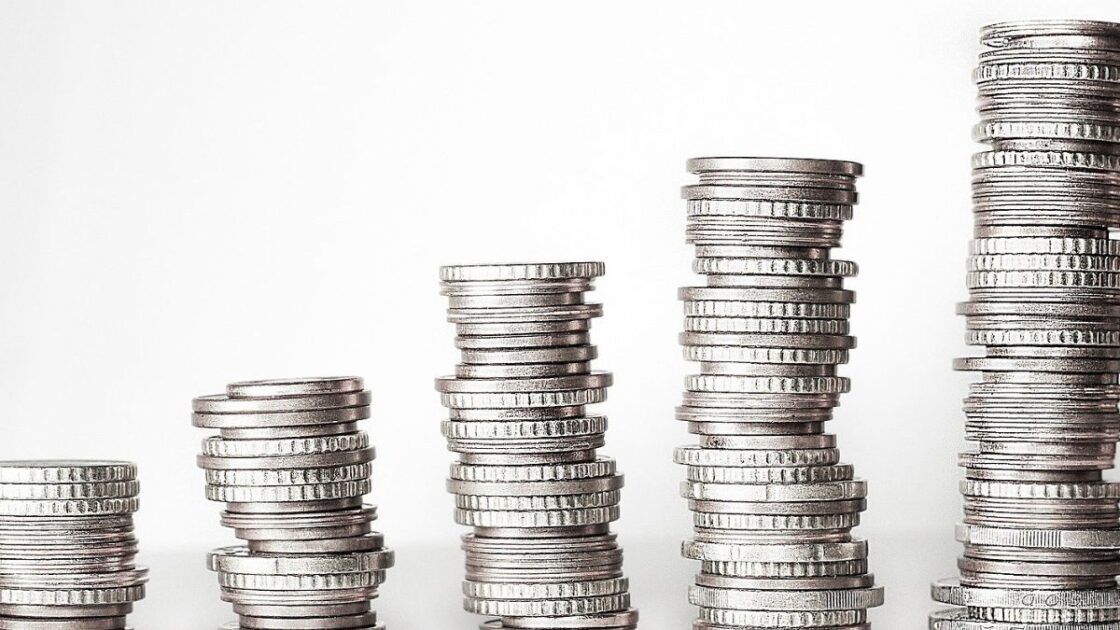
By Adam Andrzejewski for RealClearInvestigations
Top line: US debt held by the public is expected to more than double over the next 26 years to an “unsustainable” amount, according to a new study from the Government Accountability Office.
Main aspects: As of September 2023, debt held by the public was $26.2 trillion, about the same as the gross domestic product of the United States. This means that our debt is growing at the same rate as the economy.

Debt held by the public measures everything the government owes to those outside the government. It is slightly different from the $34 trillion national debt, but is usually considered more significant because it does not include money that federal agencies owe other parts of the government.”
But the GAO projects that government debt will reach a record 108% of GDP in 2028. By 2050, U.S. debt will be double GDP unless spending declines.
The current debt record was 106% of GDP in 1946 – just after the Second World War – and was only around 25% in 2000.
Debt increases when the government spends more money than it raises and borrows to make up the difference. This has happened every year since 2008, and for the past four years the federal deficit has exceeded $1 trillion.
The GAO outlines several problems that rising debt could cause. The public could lose confidence in government credit and stop buying Treasury bonds, which would affect government revenues and lead to “drastic tax increases.”

Workers’ wages could fall, decreasing income tax collections and forcing the government to borrow even more money.
As more money is borrowed, interest payments will take up a larger share of federal spending, forcing the government to borrow even more or start spending less on programs like Social Security and Medicare. Interest spending is expected to top $1 trillion by 2029, even more than the United States is likely to spend on the military that year.
Background: Last May, OpenTheBooks researchers prepared testimony on federal debt for the Senate.
OpenTheBooks called on the federal government to reduce debt by limiting spending, not raising taxes.
There are several opportunities for reform. Each year the government mistakenly makes more than $250 billion in “improper payments.” Nearly half of unemployment benefits in 2020 were likely stolen.
Even with tax revenues at historic highs, government debt continues to grow exponentially.
Critical quote: Former Chairman of the Joint Chiefs of Staff Michael Mullen once said that “the most significant threat to national security is our debt.”
Summary: For years, politicians have been able to spend government money and defer the debt crisis to future leaders. Soon this will no longer be an option.
The #WasteOfTheDay is brought to you by the forensic reviewers at OpenTheBooks.com
Distributed with permission from RealClearWire.
